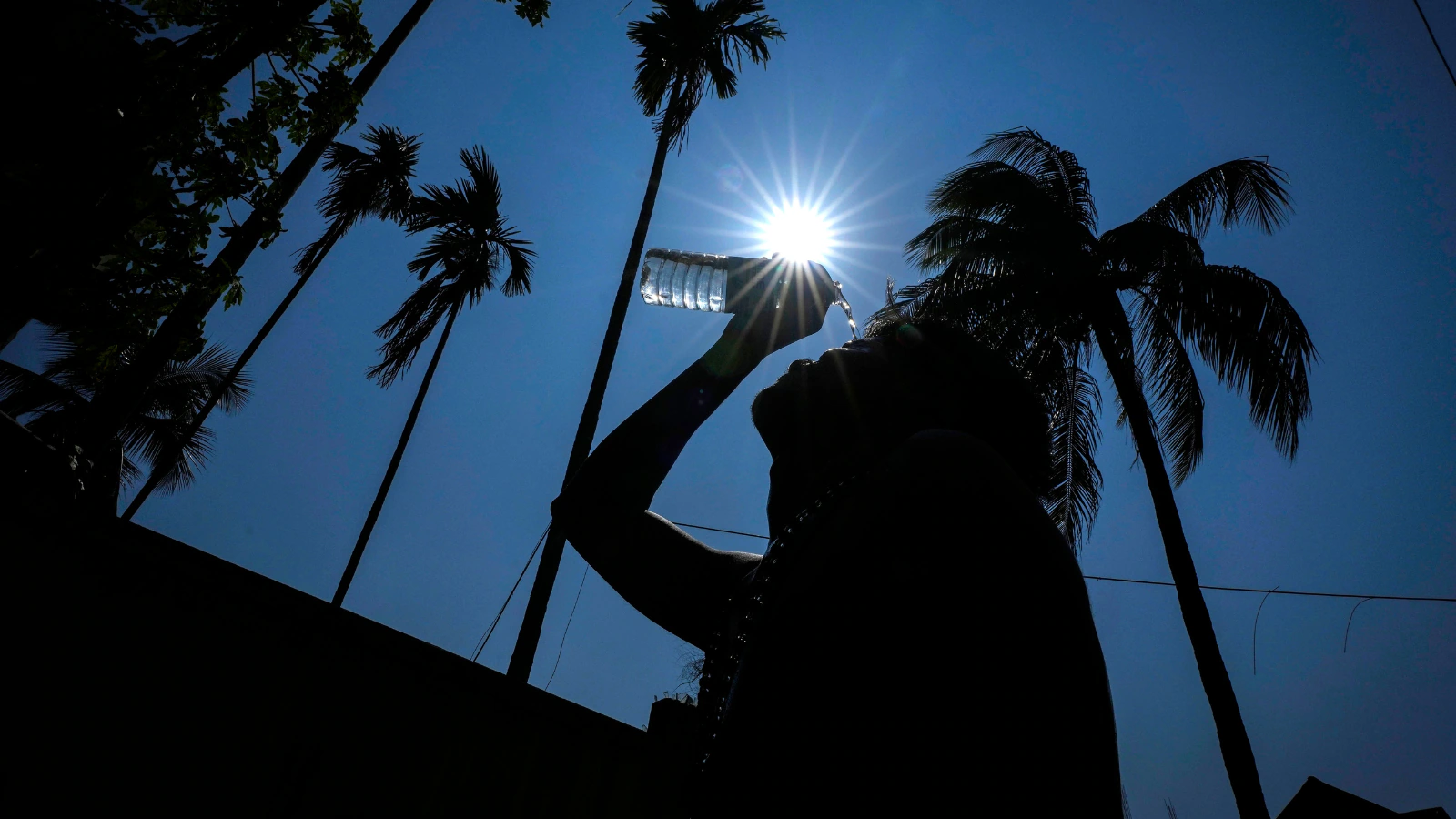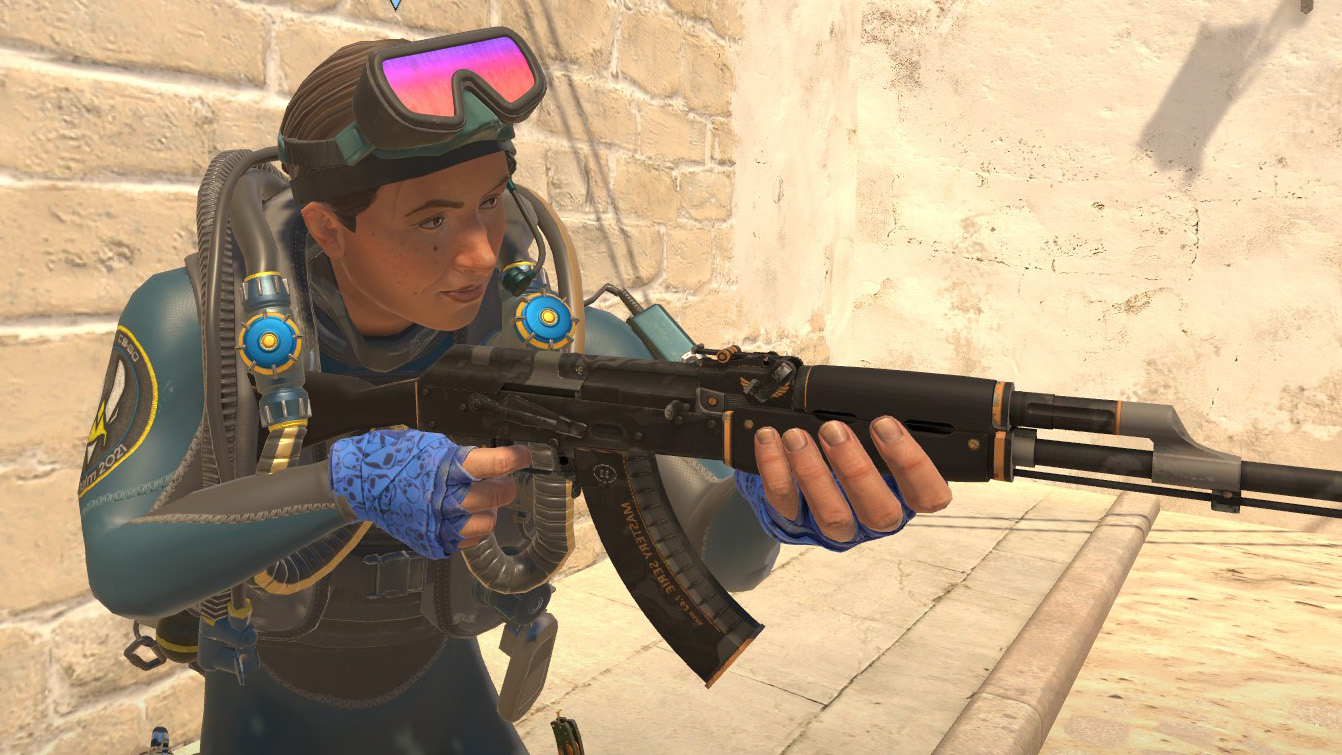By News18,Nishad Thaivalappil
Copyright news18

If you’re battling UV rays damage, skipping your regular sunscreen during monsoon rains can be a big mistake. According to Dr Rishi Parashar, a senior consultant dermatologist at Sir Ganga Ram Hospital, the harmful effects of exposure to ultraviolet rays is not limited to peak summers. These UV rays penetrate clouds and can bounce off wet surfaces to come in contact with the skin, resulting in skincare risks.
“One of the often most ignored area of monsoon skin care is optimal sun protection. That is because many people think that the rain and cloud cover during this season saves our skin,” Dr Parashar told Health Shots in an interview. “But the truth is that the clouds don’t block UV rays, and if we don’t protect ourselves, it may harm our skin in the long run. Even on cloudy days, up to 80 percent of UV radiation is still transmitted to the Earth’s surface.”
UV Rays Damage During Monsoons
According to the cardiologist, the ultraviolet rays tend to penetrate deeply into our skin and damage the collagen and elastin, which are produced and stored in the thickest middle layer of the skin. The damage could contribute to 80-90 per cent of visible skin ageing, suggests dermatological research. On the other hand, UVB rays cause damage to the skin’s surface, leading to sunburn and increasing skin cancer risk.
“Heat and humidity can also dehydrate the skin, disrupting its moisture barrier and resulting in a dull or flaky appearance,” Dr Parashar said. “These changes require a tailored approach to protect skin and maintain its health.”
What Sunscreen To Use During Monsoon?
While effective regular usage of your existing sunscreens would also protect your skin, the dermatologist recommended bringing home a broad-spectrum sunscreen with a Sun Protection Factor (SPF) 50 or higher to avoid UVA and UVB rays damage during monsoons.
“Apply approximately one teaspoon to the face and two tablespoons to the body 15-20 minutes before sun exposure, reapplying every two hours or after swimming or sweating,” Dr Parashar said.
“Reapply every two hours because the humidity and moisture in the air can make the sunscreen wear off. Mineral-based sunscreens containing zinc oxide or titanium dioxide are effective for sensitive skin, as they physically reflect UV rays.”



